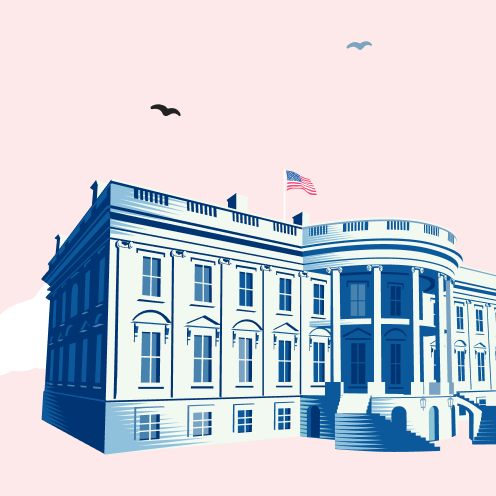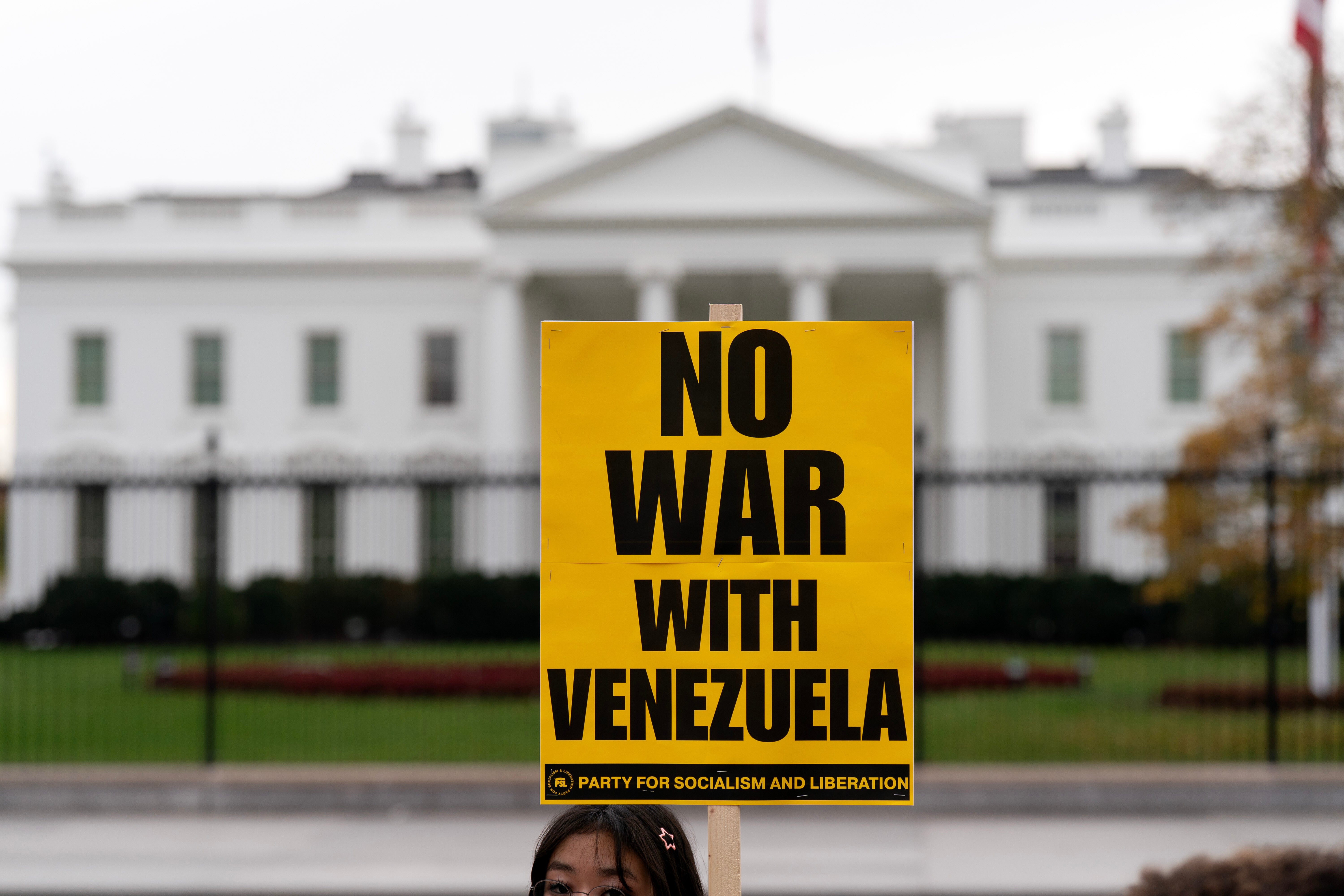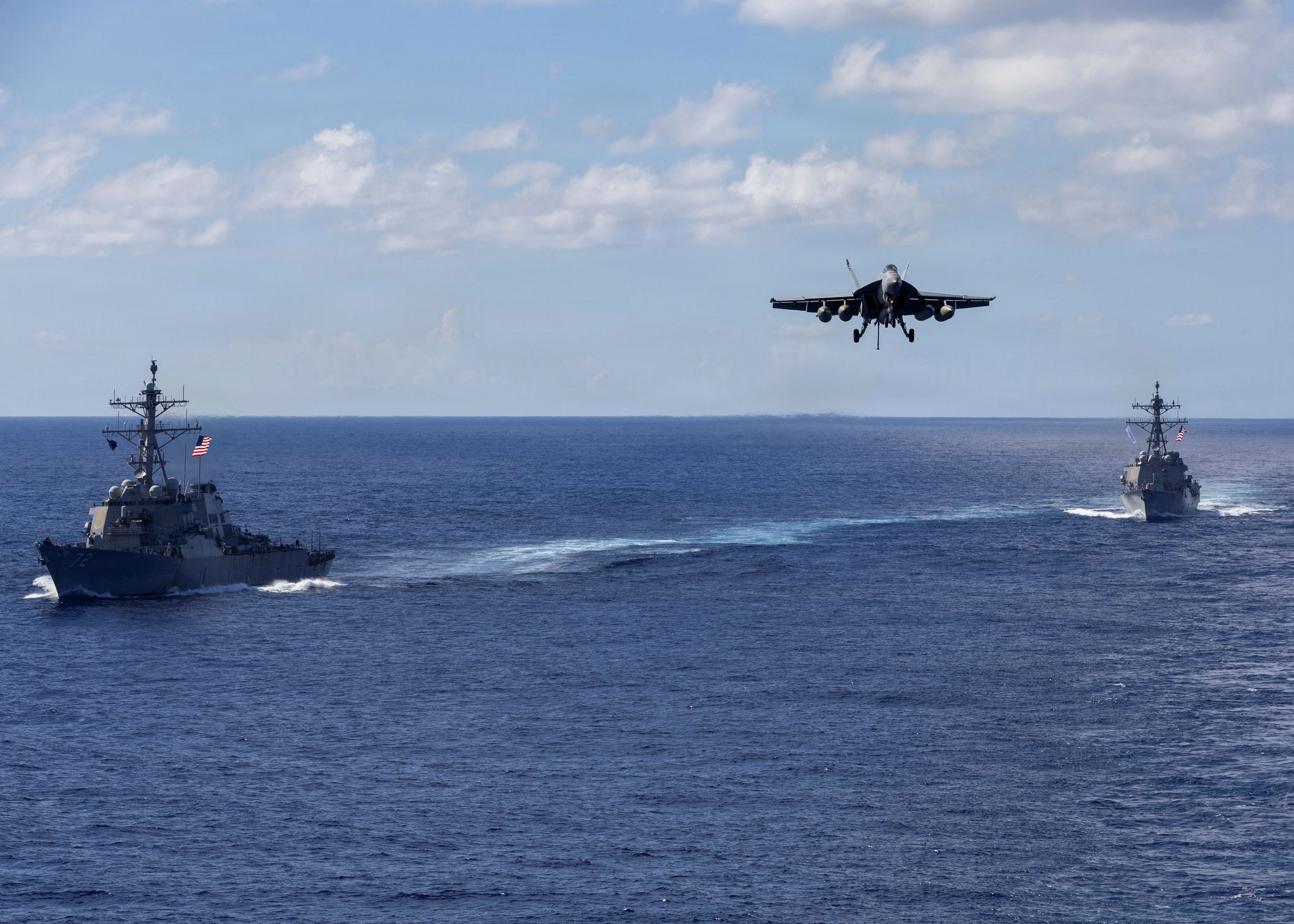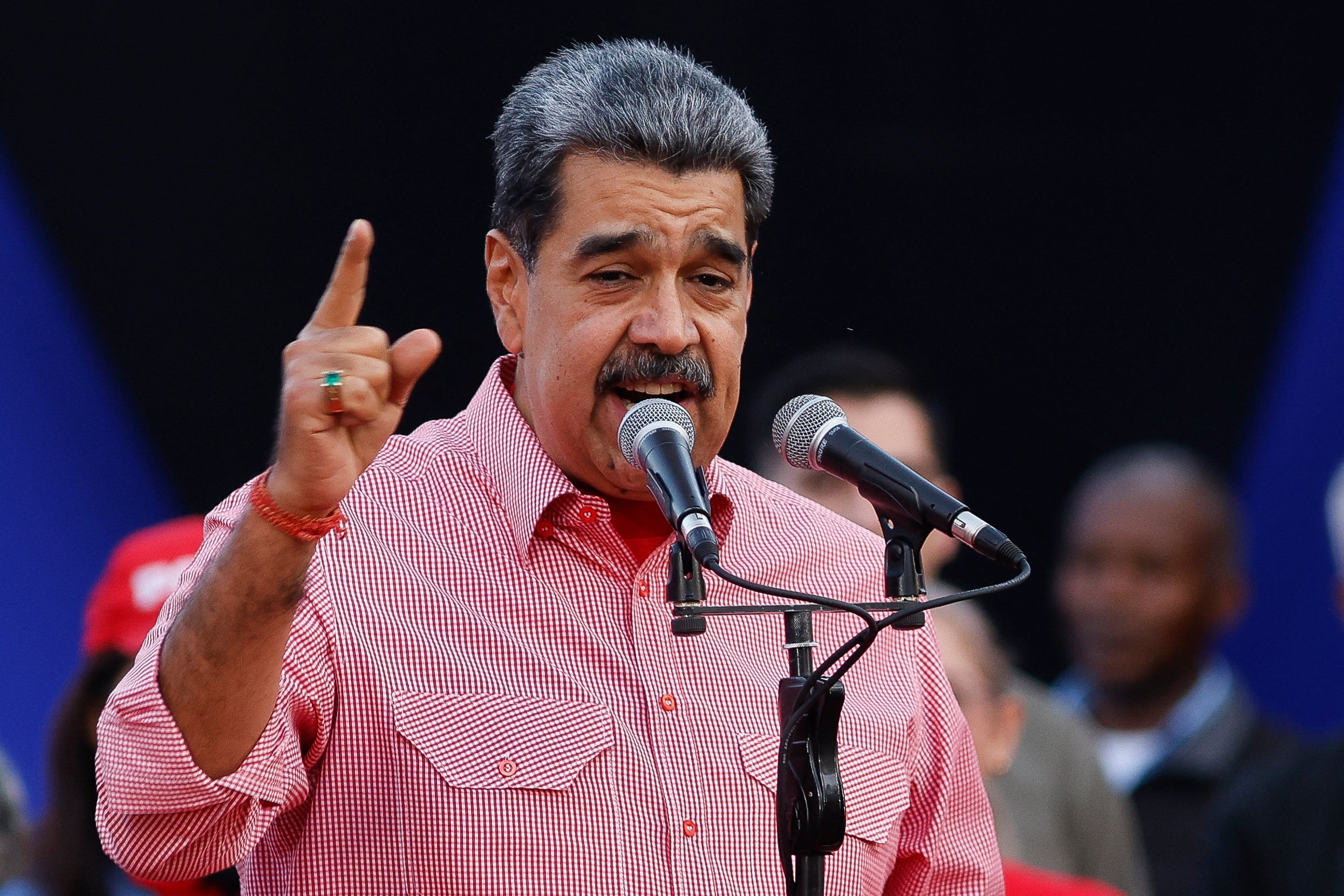- News
- World
- Americas
- US politics
A majority of Americans oppose war with Venezuela and believe President Donald Trump needs to provide evidence to justify military action against the nation
Graig Graziosiin Washington, D.C.Sunday 23 November 2025 20:06 GMTComments
 CloseUS military kills six people in strikes on alleged drug boats, says Hegseth
CloseUS military kills six people in strikes on alleged drug boats, says Hegseth
Sign up for the daily Inside Washington email for exclusive US coverage and analysis sent to your inbox
Get our free Inside Washington email
Get our free Inside Washington email
 Email*SIGN UP
Email*SIGN UPI would like to be emailed about offers, events and updates from The Independent. Read our Privacy notice
A new CBS/YouGov poll has found that a majority of Americans do not believe President Donald Trump has done enough to explain any possible U.S. military action against Venezuela.
According to the poll, 76 percent of respondents said they felt the president had not adequately justified the U.S.'s aggression toward the South American nation, which has thus far taken the form of rhetoric and strikes against alleged “drug boats.”
The poll also found that the majority of Americans — including Republicans — feel that Trump needs to provide an explanation for his military decisions. Virtually all — 97 percent — of Democrats said he had to explain, and 64 percent of Republicans agreed. Independents fell in the middle, with 86 percent saying the president should explain his thinking.
Trump has been using the U.S. military to destroy boats near Venezuela that his administration claims are operating as drug trafficking vessels. Those military strikes are killing the people onboard without providing due process or any attempt at more traditional interdiction, like the U.S. Coast Guard might undertake in domestic waters.
Americans are split on their views of the boat attacks. Some 53 percent of the respondents approve of the attacks, while 47 percent disapprove. But a majority — 75 percent — believe the U.S. should show evidence that the boats are carrying drugs before destroying them.
 open image in galleryA protester carries a sign opposing a U.S. war with Venezuela outside the White House in Washington, D.C. on November 15, 2025. A CBS/YouGov poll found that 70 percent of Americans opposed military action in Venezuela (AP)
open image in galleryA protester carries a sign opposing a U.S. war with Venezuela outside the White House in Washington, D.C. on November 15, 2025. A CBS/YouGov poll found that 70 percent of Americans opposed military action in Venezuela (AP)The poll asked Americans if they felt that Venezuela is a major threat to the U.S. Just under half of the respondents — 48 percent — said they saw Venezuela as a 'minor threat." Another 39 percent said they did not consider Venezuela a threat at all, and only 13 percent said the nation was a "major threat."
A majority — 70 percent — of respondents said that they would oppose the U.S. taking military action against Venezuela.
Breaking down the Republican side of the poll, MAGA Republicans are more likely to favor U.S. military action in Venezuela than their non-MAGA counterparts, with 66 percent of MAGA identifiers in favor versus 47 percent of traditional Republicans.
On Sunday, Reuters reported that the Trump administration is planning to launch a new phase of military operations relating to Venezuela. The news service cited four unnamed U.S. officials in its reporting.
 open image in galleryThe guided-missile destroyers USS Mahan, left, and USS Bainbridge sailing in formation as an F/A-18 Super Hornet descends on final approach to land on the aircraft carrier USS Gerald R. Ford, which has moved to the Caribbean to join the U.S. military buildup near Venezuela (AFP PHOTO / DoD / Petty Officer 2nd Class Triniti Lersch)
open image in galleryThe guided-missile destroyers USS Mahan, left, and USS Bainbridge sailing in formation as an F/A-18 Super Hornet descends on final approach to land on the aircraft carrier USS Gerald R. Ford, which has moved to the Caribbean to join the U.S. military buildup near Venezuela (AFP PHOTO / DoD / Petty Officer 2nd Class Triniti Lersch)Two of the officials said the discussed actions would include covert operations.
The Trump administration has accused Venezuelan President Nicolas Maduro of leading what is essentially a narco-state exporting drugs to the U.S. via the alleged Cartel de los Soles, or the "Cartel of the Suns." Experts on international drug cartels and criminal organizations have questioned whether or not the cartel even exists, and if it does, whether Maduro has any involvement, CNN reports.
The White House has not provided evidence that the cartel exists or that Maduro is involved in drug exporting from Venezuela. Despite that, the U.S. has designated the alleged cartel a terror organization, which allows Trump to use "a whole bunch of new options" for engagement, according to U.S. Defense Secretary Pete Hegseth.
A U.S. military presence has been building up in the Caribbean for months under Trump's orders. He has also authorized CIA operations in Venezuela, according to Reuters. The U.S. Federal Aviation Administration has also warned major airlines of a "potentially hazardous situation" in the air above Venezuela and has urged carries to be cautious in the region.
 open image in galleryVenezuelan President Nicolas Maduro has amassed a military defense force along the country’s coast in anticipation of U.S. military action (AFP via Getty Images)
open image in galleryVenezuelan President Nicolas Maduro has amassed a military defense force along the country’s coast in anticipation of U.S. military action (AFP via Getty Images)The USS Gerald R. Ford, the largest aircraft carrier in the world, arrived in the Caribbean on November 16 along with its strike group. It joined seven other warships, a nuclear submarine, and F-35 aircraft already in the region.
The Trump administration is also offering $50 million for information leading to Maduro's arrest.
Though the U.S. military is far larger and better equipped than Maduro's, a land invasion would likely be met by guerrilla-style resistance, according to Venezuelan sources speaking to Reuters. That could lead to a prolonged and likely bloody operation for U.S. troops.
On November 20, Maduro unveiled a “comprehensive defense plan” to fortify Venezuela’s coast against a possible U.S. invasion. That buildup includes the installation of “heavy weapons and missiles” and instructions detailing “street by street, community by community, weapon by weapon, weapons system by weapons system” how Venezuela would respond to American military forces, according to the Miami Herald.
This is not the first time Americans have been involved in what appears to be an attempt to topple Maduro's government. During Trump's first term, an attempted coup aiming to topple Maduro’s government was led by a pair of American military veterans. The plan relied on U.S. assistance, but fell apart almost immediately. Maduro's forces killed eight Venezuelan rebels and arrested 13 others, including both of the Americans.
More about
Donald TrumpVenezuelaNicolas MaduroJoin our commenting forum
Join thought-provoking conversations, follow other Independent readers and see their replies
Comments


